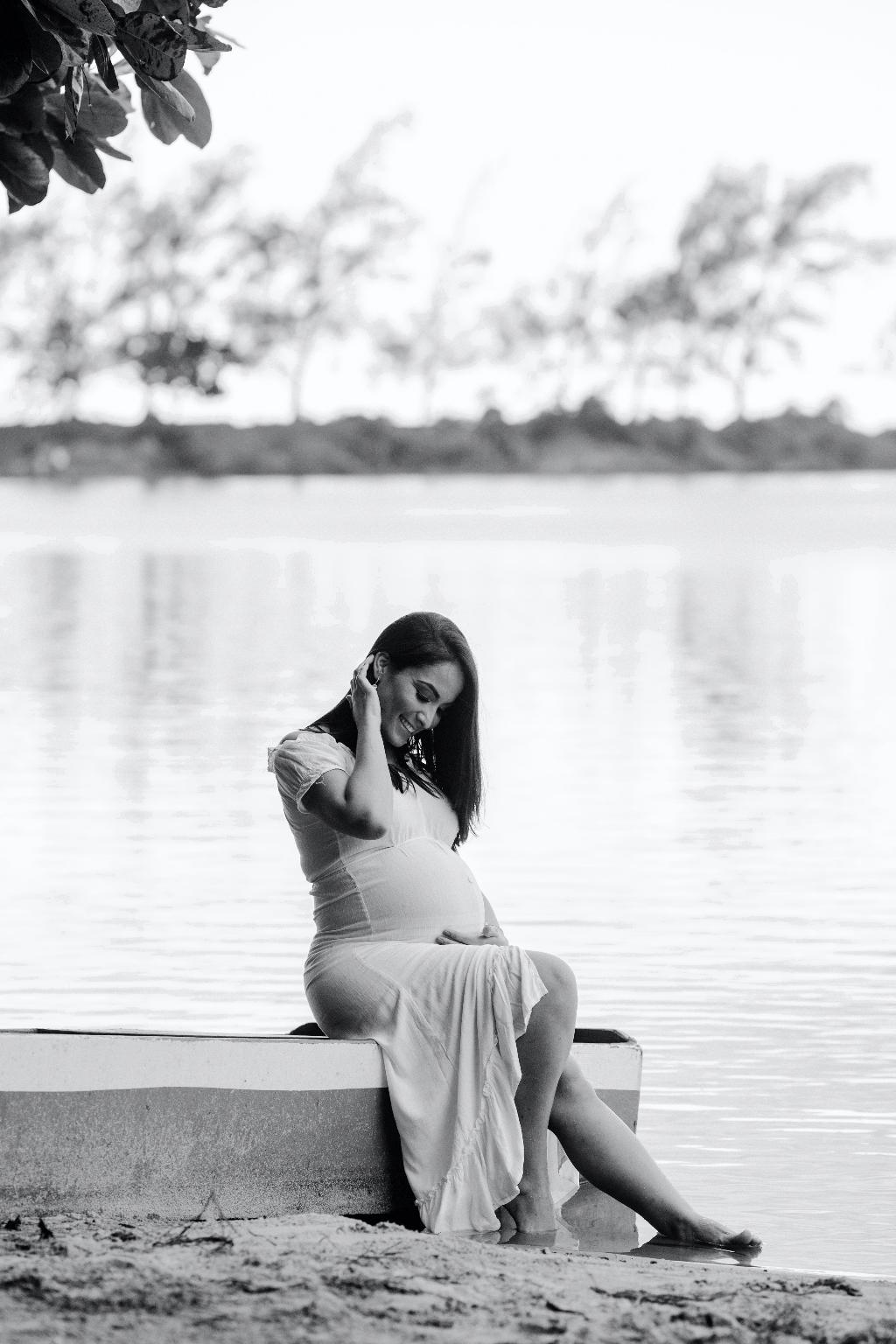When it comes to pregnancy, the timeline can be a bit confusing, especially when trying to determine how many months a certain number of weeks translates to. The duration of a pregnancy is typically measured in weeks, with each week marking a significant developmental milestone. However, converting these weeks into months can sometimes be ambiguous due to the uneven distribution of weeks across the traditional 9-month pregnancy period.
Defining Pregnancy Weeks
During pregnancy, the first day of a woman’s last menstrual period is considered the starting point for calculating the length of the pregnancy. This method may make it seem like a woman is already 2 weeks pregnant at the time of conception, which is when fertilization typically occurs. Hence, by the time a pregnancy test reveals that a woman is 4 weeks pregnant, the actual gestational age of the embryo is around 2 weeks.
Understanding Gestational Age
Gestational age refers to the age of the pregnancy in weeks and is measured from the first day of the woman’s last menstrual period. This is crucial in estimating the due date and monitoring the growth and development of the fetus. At 4 weeks pregnant, the embryo is approximately 2 weeks old in terms of gestational age, as ovulation and conception usually occur about 2 weeks after the start of the menstrual cycle.
Converting Weeks to Months in Pregnancy
One common method to convert weeks into months during pregnancy is to consider each month as comprising 4 weeks. By following this logic, at 4 weeks pregnant, a woman would be considered to be in her first month of pregnancy. However, it’s important to note that this method is not always precise due to the varying number of days in a month and the uneven distribution of weeks throughout the pregnancy.
Pregnancy Trimesters and Months
Pregnancy is typically divided into three trimesters, each lasting approximately 3 months. The first trimester spans from conception to week 12, the second trimester from weeks 13 to 26, and the third trimester from week 27 to birth. By this classification, at 4 weeks pregnant, a woman is still in the early stages of the first trimester.
Tracking Progress in Pregnancy
Keeping track of the weeks and months of pregnancy can help expecting parents understand the developmental changes occurring within the womb and prepare for the birth of their child. Healthcare providers often use gestational age in weeks as a standard measure to monitor the growth and well-being of the fetus throughout the pregnancy.
Emotional and Physical Changes
While the early stages of pregnancy may not always be accompanied by noticeable physical changes, many women experience a range of emotions and early pregnancy symptoms such as fatigue, nausea, and breast tenderness. These symptoms can vary in intensity and duration from woman to woman.
Seeking Prenatal Care
Regardless of the number of weeks or months pregnant, it’s essential for expectant mothers to start prenatal care early in their pregnancy. Regular check-ups with a healthcare provider can ensure the health and well-being of both the mother and the developing baby, as well as provide valuable information and support throughout the pregnancy.
Conclusion
In conclusion, while the concept of converting weeks to months in pregnancy may seem straightforward, the nuances of gestational age and the uneven distribution of weeks across months can make it a bit complex. At 4 weeks pregnant, a woman is considered to be in her first month of pregnancy, with many exciting milestones and changes awaiting her in the coming weeks and months.

